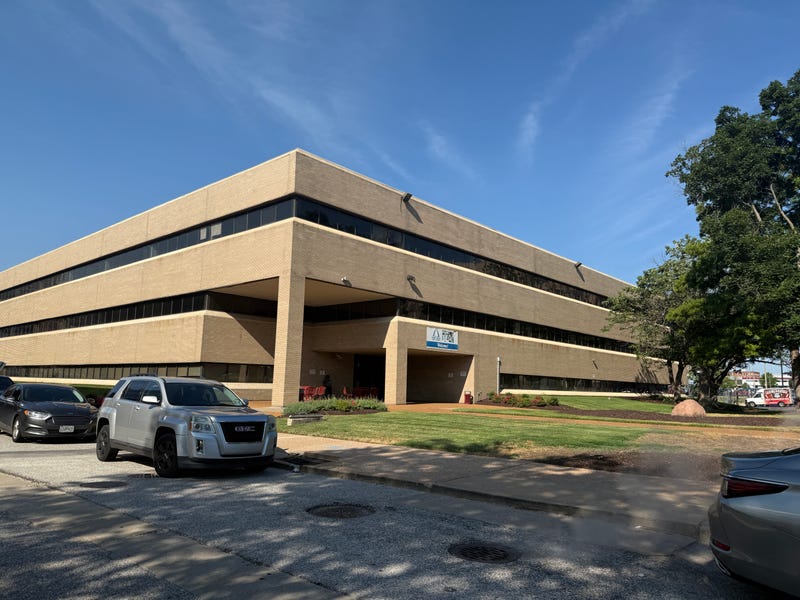
ST. LOUIS (KMOX) - The audit gave the district a rating of "poor," and found the St. Louis Public Schools District is burning through reserves, with funds set to run out by 2031.
The fiscal year 2024 budget $17.7 million underwater and over $33 million in fiscal year 2025 and 2026. The audit reveals if the district's balance remains on this pace, their fund balances would fall below 3 percent of expenditures by 2030. The department of education
The audit also found questionable spending under former Superintendent Dr. Keisha Scarlett. Issues that arose during her one year tenure prompted the auditor's review.
Some of the misspending is directly tied to salaries given to district cabinet members hired by Dr. Scarlett. According to the audit, six of ten cabinet members hired by Scarlett were offered authorized salaries that exceeded the maximum allowed by the School Board. The maximum was exceeded by as little as $12,478 and as high as $44,039.
The district also paid out $3.5 million in attendance bonuses in violation of the state constitution, with non-union employees receiving the incentive payments without a formal agreement.
The audit also found it overpaid Dr. Scarlett by $3,258 when reimbursing her for moving expenses and reimbursed the Interim Deputy Chief of Operations by $15,000 despite no agreement for moving expenses to be reimbursed.
There were also issues with travel expenses. During a period between June 6, 2023 and August 5, 2024, the audit found 17 of 27 transactions they reviewed questionable, costing a total amount of twelve thousand dollars.
Some of the most expensive transactions, $3,888 at Top Golf, $1,689 for a 4-night stay at Caesar's Palace, and $1,282 for an Airbnb rental which was paid for by then Superintendent Scarlett's district-issued credit card.
Other, smaller, misspending was found pertaining to travel upgrades.
According to the audit the district also did not comply with Board policy and state law with regards to vendor procurement. In some instances the district bypassed the required sealed bid process by improperly classifying the purchases as emergencies. In a $133,295 purchase of t-shirts, the district used a non-RFP vendor instead of a preferred vendor without explaination.
